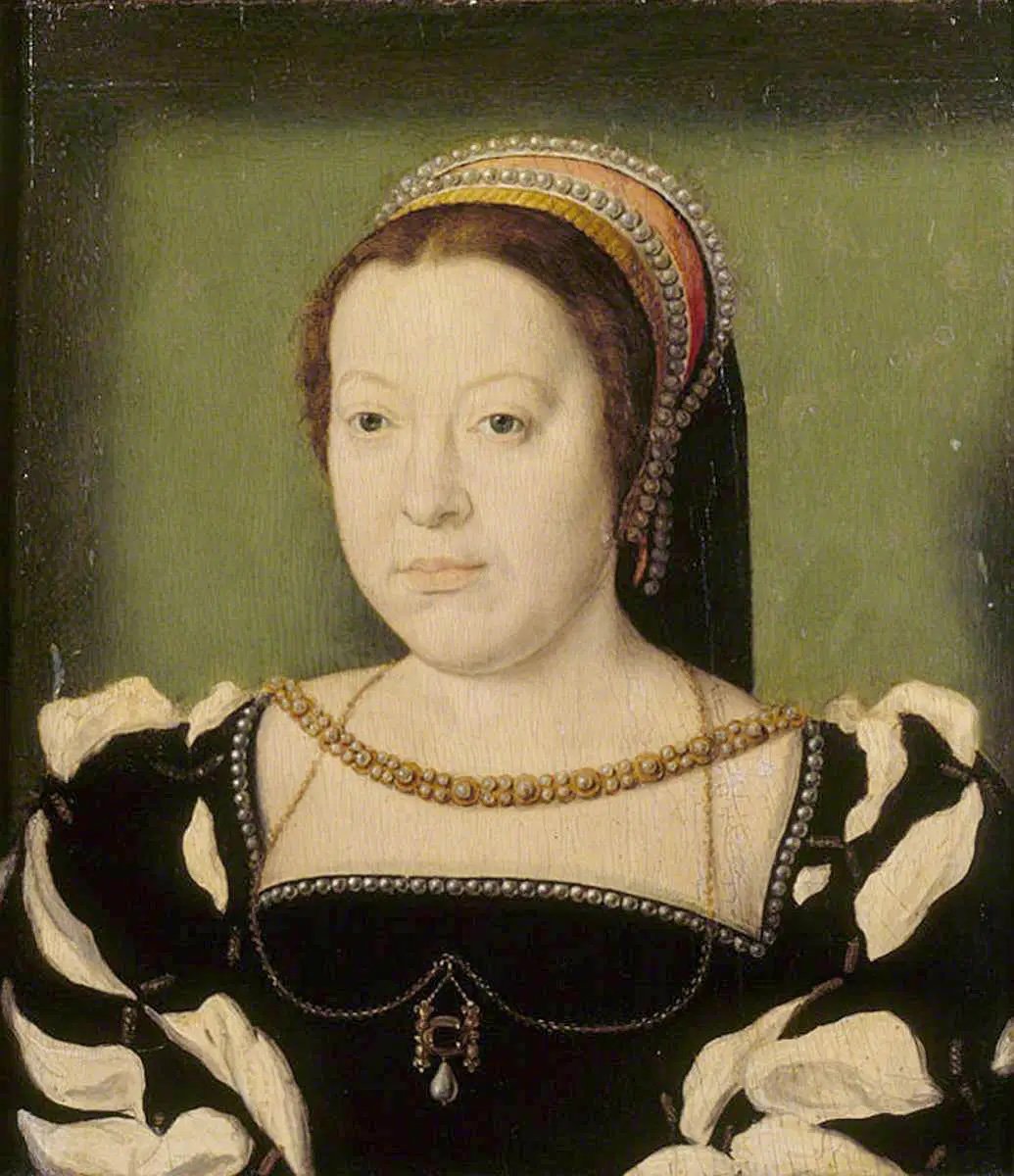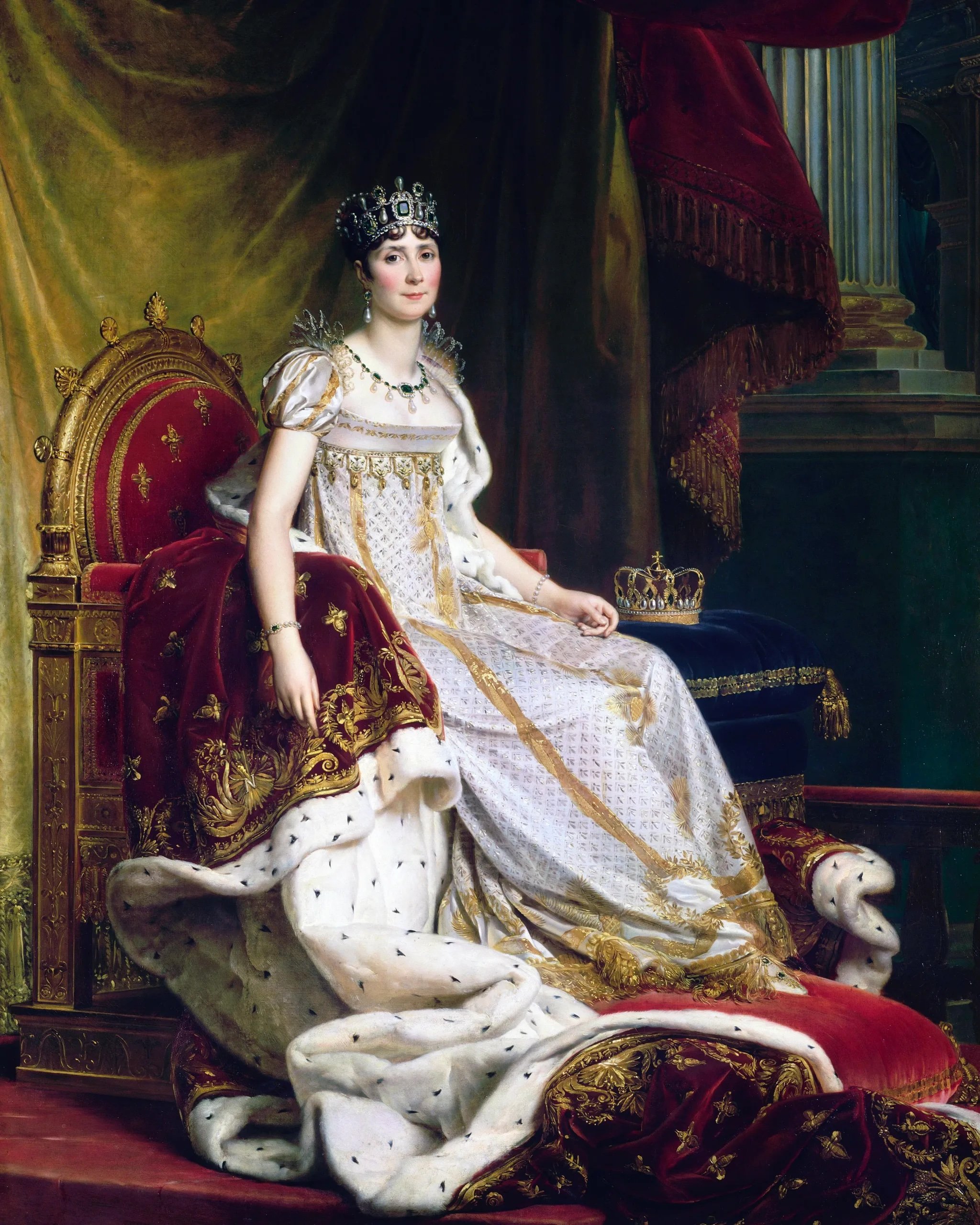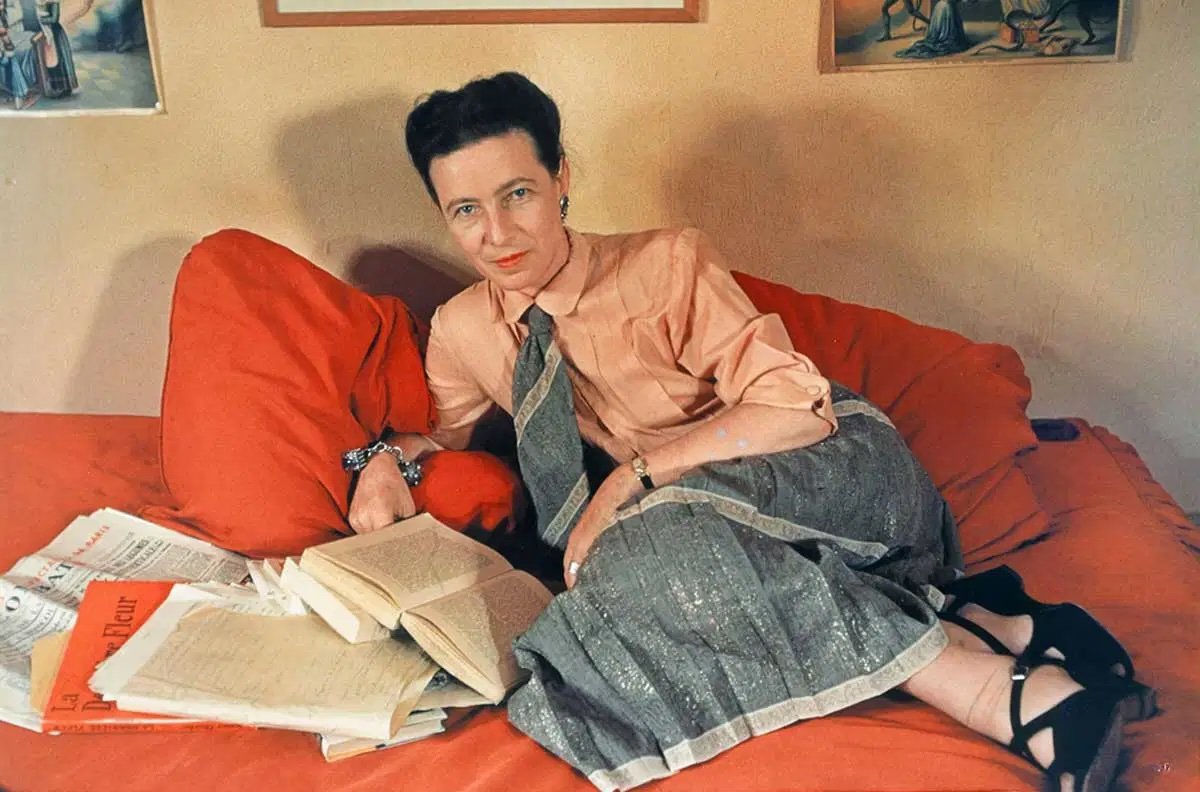HerStory: French Women 101
Paris is shining brighter than ever this summer as the host of the 2024 Olympic and Paralympic games. Known as the City of Light, it’s a hub that represents the epitome of culture, history, fashion, and philosophy, among many other fields. Like any great city, behind its development are historic women who made enormous contributions to make it all happen. These powerful history makers deserve credit where credit is due, so as a tribute to them, here’s a quick guide to get to know the herstory of the city.
St. Genevieve:
Lower Nave Windows – West Side
Need help organizing the city’s defense from Attila the Hun’s siege? An easy feat for St. Genevieve. Born in 422, she is known as the Patron Saint of Paris. Her contributions, which came to her through visions and prophecies, helped save Paris from being taken over, thanks to her amazing strategizing skills and what people attribute to the power of prayer.
Joan of Arc:
Albert Lynch
Leading armies to victory wasn’t difficult for this French women, as Joan of Arc is attributed to have been responsible for France’s win in Orléans against the English in 1429 during the Hundred Years War. While we spent our teenage years scrolling through Tumblr and doing Buzzfeed quizzes, she bravely fought to successfully recover part of the French territory that had been taken over by England. Like any powerful, fierce woman at the time, she was declared a witch and burned at the stake at only 19 years old.
Catherine de Medici:
Claude Corneille de Lyon
Before Beyoncé, Catherine was credited as the Queen who contributed to Paris’s artistic Renaissance. Born in Italy, she eventually married into the French royalty. Her husband, King Henry, died tragically at a young age, leaving her to help her sons reign in France. The access she had to wealth and power allowed her to sponsor the arts for almost three decades, allowing new forms in literature, architecture, and the performing arts to emerge.
Madame de Pompadour:
Francois Boucher
The title of mistress feels sexist and outdated to describe someone who contributed so much to the cultural development of Paris. Being a close acquaintance of King Louis XV allowed her to patronage several artistic endeavors, such as the construction of the iconic Place de la Concorde - a historic Parisian landmark, and the Petit Trianon - a palace in Versailles that became the blueprint for the neoclassical movement. She was also keen on nourishing the intellect, promoting the publication of the first two volumes of Diderot and d'Alembert's Encyclopaedia. Her impact still lives on to this day, as the rococo style she helped develop can still be seen today through iconic artistic pieces, such as Sofia Coppola’s “Marie Antoinette” or any Vivienne Westwood collection of your choice.
Empress Joséphine Bonaparte:
François Gérard
The saying “behind a powerful man, is a great woman” is personified in Empress Josephine. Her enchanting personality proved to be a political skill for her husband Napoleon and his government, allowing him to create strategic connections that would benefit him. As a style icon herself, she’s credited for being an impeccable tastemaker, the OG influencer if you will, promoting the renaissance and supremacy of French luxury industries.
Simone de Beauvoir:
Gisele Freund
A female empowerment conversation cannot be had without mentioning Simone, whose work “The Second Sex” is a foundational text for the feminist movement. Her existentialist philosophy was a trailblazing analysis of how women have been historically oppressed, and is credited to be one of the detonators of the second wave of feminism. If you’re a woman who can vote and has access to reproductive rights, Simone is one of the women to thank for that.
Throughout history, it’s evident that powerful women have faced adversities as the world constantly tries to bring them down. Whether it’s being destined to the stake or using reductive labels to describe them, it has never stopped the women who came after them from moving forward and doing their own thing. Paris has had many more women in charge of building it up to the city it is today, so seeing the Olympics happen in a place that is surrounded by such a strong female-led past will undoubtedly motivate female athletes to continue challenging the norms and bring out the best in them, no matter what the rest of the world may think of them.







